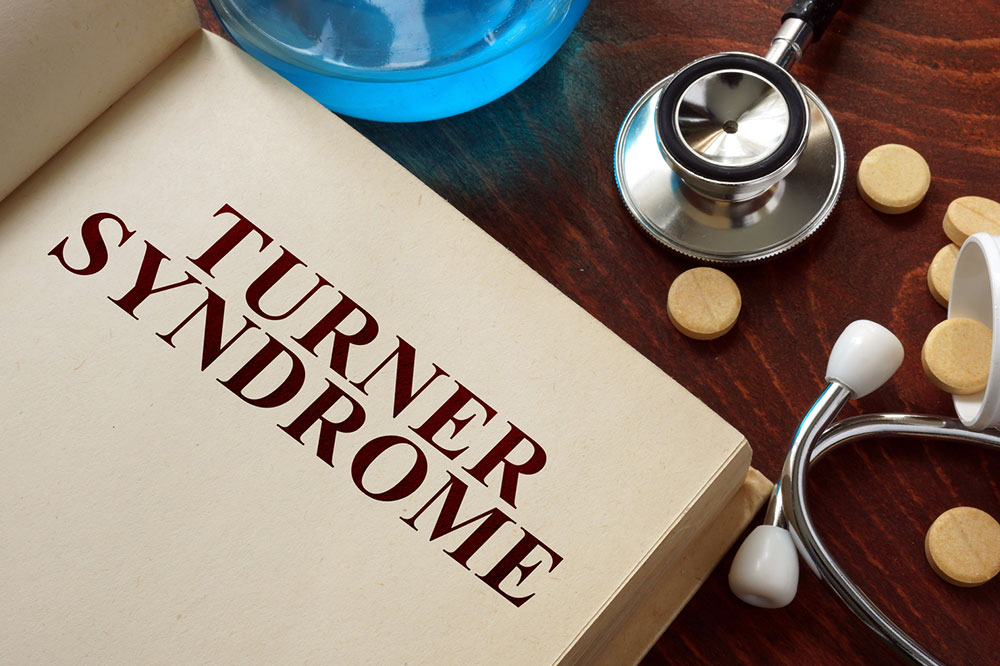Signs and Indicators of ADHD in Children: What Parents Should Watch For
This article highlights key signs of ADHD in children, including attention difficulties, impulsiveness, and hyperactivity. It emphasizes early recognition for timely intervention. It also discusses how symptoms evolve with age and the importance of consulting healthcare professionals for diagnosis and support. Early identification can improve management strategies for children and adults affected by ADHD, promoting better social, academic, and daily functioning.

Identifying ADHD Symptoms in Children
Attention Deficit Hyperactivity Disorder (ADHD) is a multifaceted mental health condition affecting a child's learning and growth. Symptoms can differ depending on age, making early recognition difficult. Common signs include excessive activity, impulsive actions, and focus issues. Many behaviors observed are hints rather than conclusive diagnoses. While some children may outgrow certain symptoms, others may experience them in milder forms or throughout adolescence. Recognizing these indicators early helps parents and caregivers seek appropriate help promptly.
Difficulty Focusing
Children aged 6-12 showing signs of ADHD might often make careless mistakes in school, find it hard to stay attentive during lessons, or struggle to concentrate during playtime. Challenges in listening during conversations, reading, or following directions are common. Teenagers may be distracted by unrelated thoughts or tend to postpone important tasks.
Impulsiveness and Restlessness
Kids under 12 with ADHD tend to fidget, tap, or squirm constantly. They may find it difficult to sit still for long periods and often engage in running, climbing, or other restless activities. Adolescents may interrupt others, intrude on conversations, or dominate group activities. Excessive talking, impatience, and difficulty waiting are typical behaviors, which can affect their social interactions and school performance.
Additional Signs of ADHD
Without timely support, children might develop poor organizational skills and struggle with daily routines. Adults with ADHD may forget appointments, neglect responsibilities, or behave insensitively. Early identification of these signs facilitates better management and supportive strategies.
Important Reminder:
This article offers general information on ADHD symptoms and should not replace professional medical advice. For accurate diagnosis and treatment options, always consult qualified healthcare professionals. Use this guide responsibly and seek expert assistance for health concerns.


